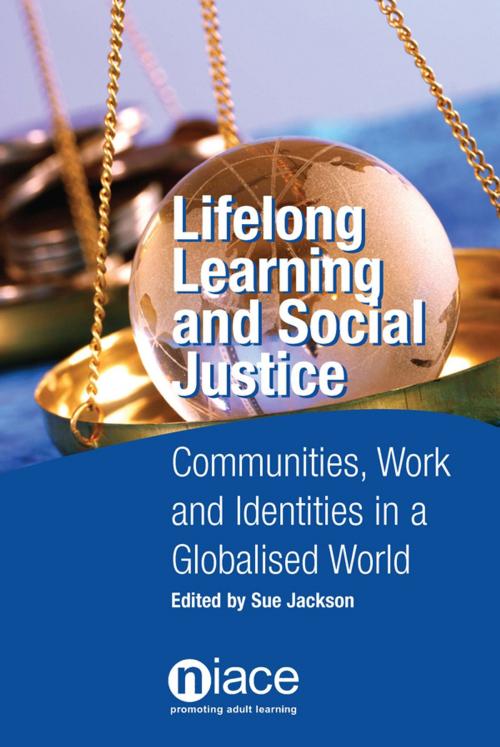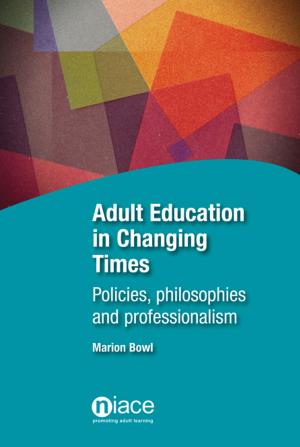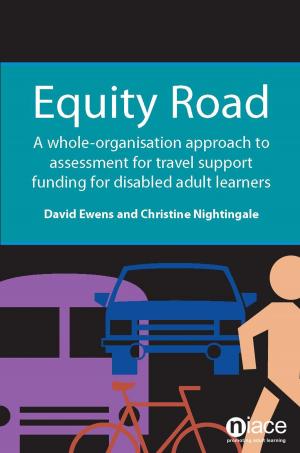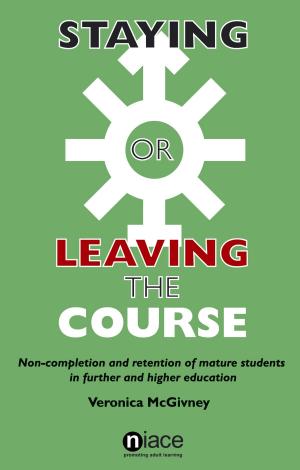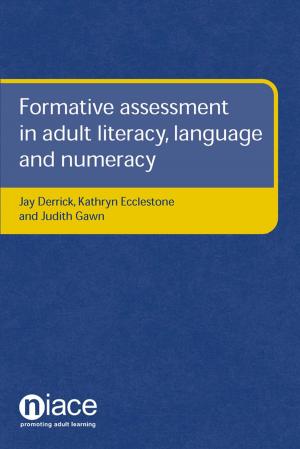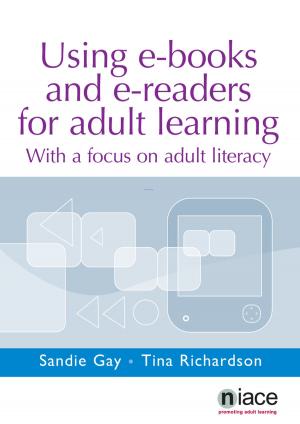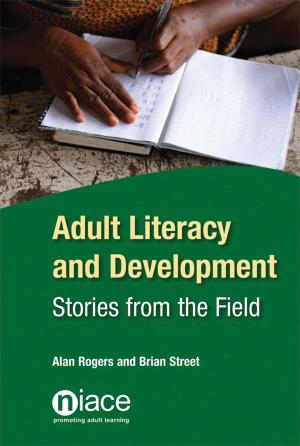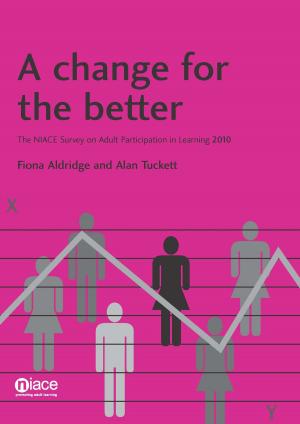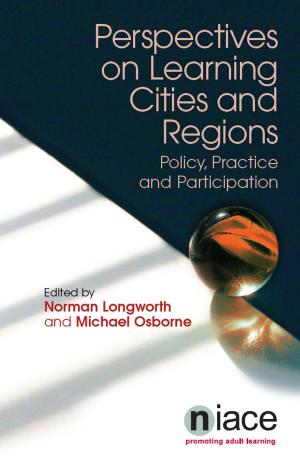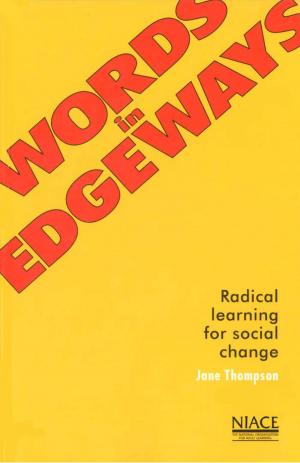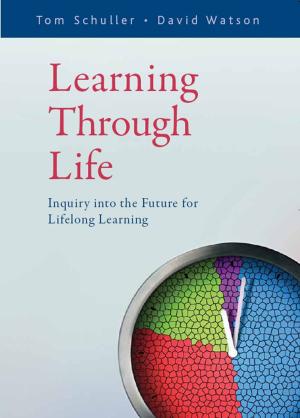Lifelong Learning and Social Justice: Communities, Work and Identities in a Globalised World
Nonfiction, Reference & Language, Education & Teaching, Educational Theory, Adult & Continuing Education, Philosophy & Social Aspects| Author: | ISBN: | 9781862014954 | |
| Publisher: | National Institute of Adult Continuing Education (NIACE) | Publication: | June 30, 2011 |
| Imprint: | National Institute of Adult Continuing Education | Language: | English |
| Author: | |
| ISBN: | 9781862014954 |
| Publisher: | National Institute of Adult Continuing Education (NIACE) |
| Publication: | June 30, 2011 |
| Imprint: | National Institute of Adult Continuing Education |
| Language: | English |
The current policy focus on lifelong learning ensures a gendered and class-based skills-driven agenda, with lifelong learners expected to become neo-liberal subjects rather than empowered members of communities. What complexities and challenges arise from attempts to align lifelong learning with social justice? What are the costs of a focus on learning which rests on economic imperatives?
Lifelong learning is at the forefront of the educational arena, both nationally and internationally, although what it means is highly contestable. In recent times, lifelong learning has increasingly come to mean vocational education and training within a globalised knowledge economy. This important book, presenting UK and international dimensions, argues that there needs to be a sharp re-focus to an alignment of lifelong learning with social justice.
Timely in it's calls to turn the debate to social issues, this volume offers a valuable perspective encompassing sustainability and community; learning and work; and identities. With both a policy and practitioner focus, and an international aspect to each section, readers will find the book invaluable in broadening their understanding of the field, offering alternative ways of developing and enhancing learning opportunities through enhancing understandings of the intersections between lifelong learning and social justice.
The current policy focus on lifelong learning ensures a gendered and class-based skills-driven agenda, with lifelong learners expected to become neo-liberal subjects rather than empowered members of communities. What complexities and challenges arise from attempts to align lifelong learning with social justice? What are the costs of a focus on learning which rests on economic imperatives?
Lifelong learning is at the forefront of the educational arena, both nationally and internationally, although what it means is highly contestable. In recent times, lifelong learning has increasingly come to mean vocational education and training within a globalised knowledge economy. This important book, presenting UK and international dimensions, argues that there needs to be a sharp re-focus to an alignment of lifelong learning with social justice.
Timely in it's calls to turn the debate to social issues, this volume offers a valuable perspective encompassing sustainability and community; learning and work; and identities. With both a policy and practitioner focus, and an international aspect to each section, readers will find the book invaluable in broadening their understanding of the field, offering alternative ways of developing and enhancing learning opportunities through enhancing understandings of the intersections between lifelong learning and social justice.
